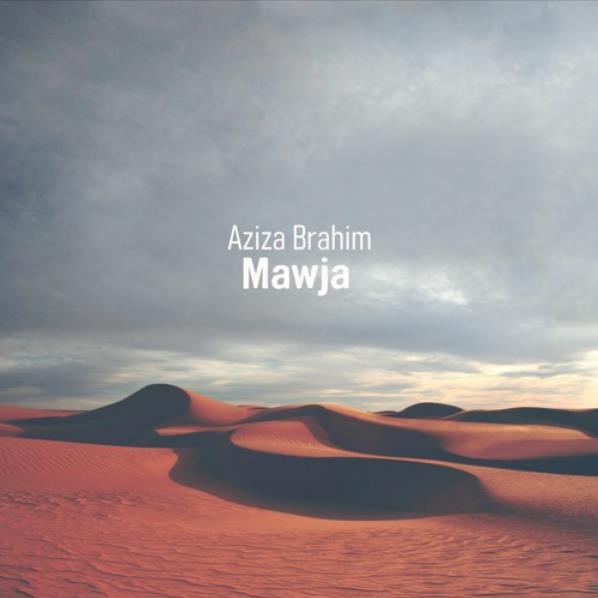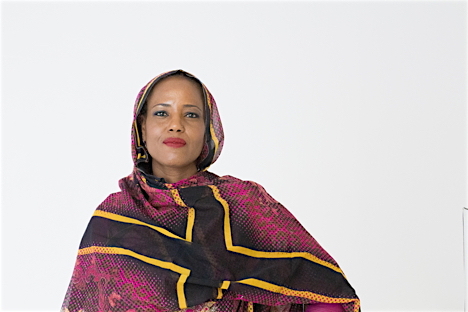Ende des Monats erscheint das neue und mittlerweile fünfte Album der aus West-Sahara stammenden, in Algerien aufgewachsenen und heute in Katalonien lebenden Sängerin und Musikerin Aziza Brahim, deren Musik gerne als Afroblues bezeichnet wird, auf Glitterbeat. “Mawja” verknüpft pekussive Elemente aus Traditionen von beiden Seiten des westlichen Mittelmeeres mit Raúl Rodríguez’ und Guillem Aguilars organisch anmutendem Saitenspiel auf (nicht ausschließlich) elektrifizierten Gitarren und Bässen und verarbeitet in seiner Drumarbeit laut Label sogar Einflüsse von The Clash. Das Album ist aber auch eine Hommage an das Medium Radio, das einen 
prägenden Einfluss auf die Künstlerin als Jugendliche hatte. Auch der Titel, der im Deutschen “Welle” bedeutet, spielt darauf an. Ihre Stimme, so Glitterbeat, “is a wellspring of deep and resonant emotions. The yearning for homeland. The struggle for freedom. The love for one’s elders. The unfurling of time. Waves of history, waves of sound. Mawja”. Das Album knüpft sowohl an das Debüt der Sängerin “Soutak” (2014) als auch an das zurückliegende “Sahari” (2019) an und entstand nach der Erfahrung starker persönlicher Krisen und Schicksalsschläge. “Mawja” erscheint als LP, CD und Download, die Single “Thajliba” ist bereits erhältlich. “In the Sahrawi tradition, a “thajliba” is a type of poem to encourage or a praise song in which someone expresses his/her enthusiasm towards another person”, so Aziza Brahim. “It can be
very thoughtful but it is generally very natural and spontaneous. For my album, Mawja, I have wanted to practice this kind of poems and I began to think about my two daughters when I was playing the guitar. ‘Thajliba’ is a very special song for me because it has a deep emotional meaning, it is a song of unconditional love from a mother to her daughter for being different, free, and aware. She gives blessings to her and tells her that she is above everything else. A clear and direct feminist message for individual freedom in all fields, that reaffirms the power of women.”
Foto © Guillem Moreno

